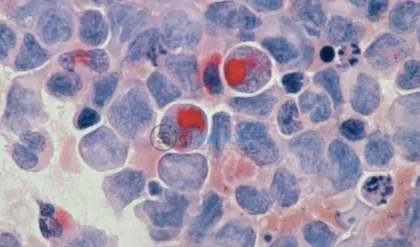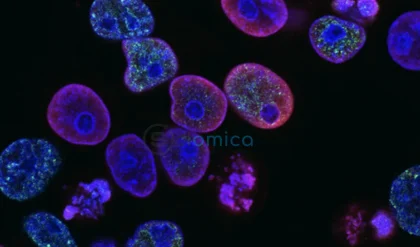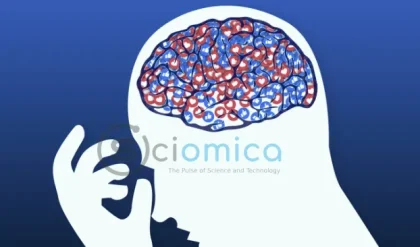
As the body’s primary defense against external threats, the skin plays a crucial role in maintaining overall health. However, with aging, the epidermis, which is the outermost layer of skin, begins to thin and loses some of its protective abilities. This layer is predominantly made up of keratinocytes—roughly 90%—which form a protective barrier as they migrate from the deeper layers of the epidermis to the surface. To counteract the adverse effects of aging on the skin, considerable research has highlighted the importance of vitamin C (VC) due to its recognized benefits for skin health and its potent antioxidant properties.
Recently, a team of researchers in Japan uncovered new insights into the role of vitamin C in skin health. Their groundbreaking findings, published on April 20, 2025, in the Journal of Investigative Dermatology, reveal that VC may enhance skin thickness by directly activating genes that regulate skin cell growth and development, potentially restoring the skin’s functional capabilities through the reactivation of critical genes necessary for epidermal renewal.
The study was spearheaded by Dr. Akihito Ishigami, Vice President of the Division of Biology and Medical Sciences at the Tokyo Metropolitan Institute for Geriatrics and Gerontology (TMIG), alongside collaborators from Hokuriku University and ROHTO Pharmaceutical Co., Ltd. Notable co-authors included Associate Professors Ayami Sato, Yasunori Sato, Professor Toshiyuki Kimura, and various researchers from both TMIG and ROHTO Pharmaceutical.
Dr. Ishigami noted that “VC appears to influence the structure and function of the epidermis, particularly by regulating the growth of epidermal cells. Our study focused on whether it stimulates cell proliferation and differentiation through epigenetic changes.”
To study the effects of VC on skin regeneration, the team utilized human epidermal equivalents—lab-grown models designed to closely simulate real human skin. These models allowed researchers to expose skin cells to air while supplying them with nutrients from below, mirroring how human skin interacts with its environment and underlying blood supply.
Testing two concentrations of VC—1.0 and 0.1 mM, which reflect levels typically found in human epidermis—the researchers observed that skin treated with VC exhibited a thicker epidermal layer after just seven days, while the outer layer, composed of dead cells, remained largely unchanged. By two weeks, the inner epidermal layer was even more substantial, and the outer layer had thinned, indicating enhanced keratinocyte proliferation.
Furthermore, VC treatment significantly increased the number of Ki-67 positive cells, a marker for actively dividing cells, confirming that vitamin C fosters skin cell growth by reactivating genes tied to cell proliferation. This process involves DNA demethylation, wherein the removal of methyl groups from DNA promotes gene activity that is often suppressed when DNA is methylated.
The study’s findings also highlighted the role of TET enzymes, which are responsible for initiating DNA demethylation, in mediating the actions of vitamin C. These enzymes facilitate the conversion of methylated DNA, ensuring continuous gene expression that supports cell growth.
The research identified over 10,138 hypomethylated regions in skin treated with VC and revealed a significant upregulation of key proliferation-related genes following treatment. Crucially, when a TET enzyme inhibitor was introduced, the effects were reversed, verifying vitamin C’s method of action through TET-mediated DNA demethylation.
These findings have compelling implications, particularly for older adults or individuals with compromised skin. Dr. Ishigami emphasized the potential for vitamin C to thicken the skin and stimulate keratinocyte proliferation via DNA demethylation, suggesting a promising avenue for treatments aimed at addressing thinning skin.
The study received financial support from the Japan Society for the Promotion of Science through the KAKENHI program under grant number 19K05902, further underscoring the importance of continued research in this vital area of dermatological health.
Reference:
- Yasunori Sato, Ayami Sato, Florence, Akari Kuwano, Yasunari Sato, Hideki Tanaka, Toshiyuki Kimura, Tsuyoshi Ishii, Akihito Ishigami. Vitamin C Promotes Epidermal Proliferation by Promoting DNA Demethylation of Proliferation-Related Genes in Human Epidermal Equivalents. Journal of Investigative Dermatology, 2025; DOI: 10.1016/j.jid.2025.03.040






